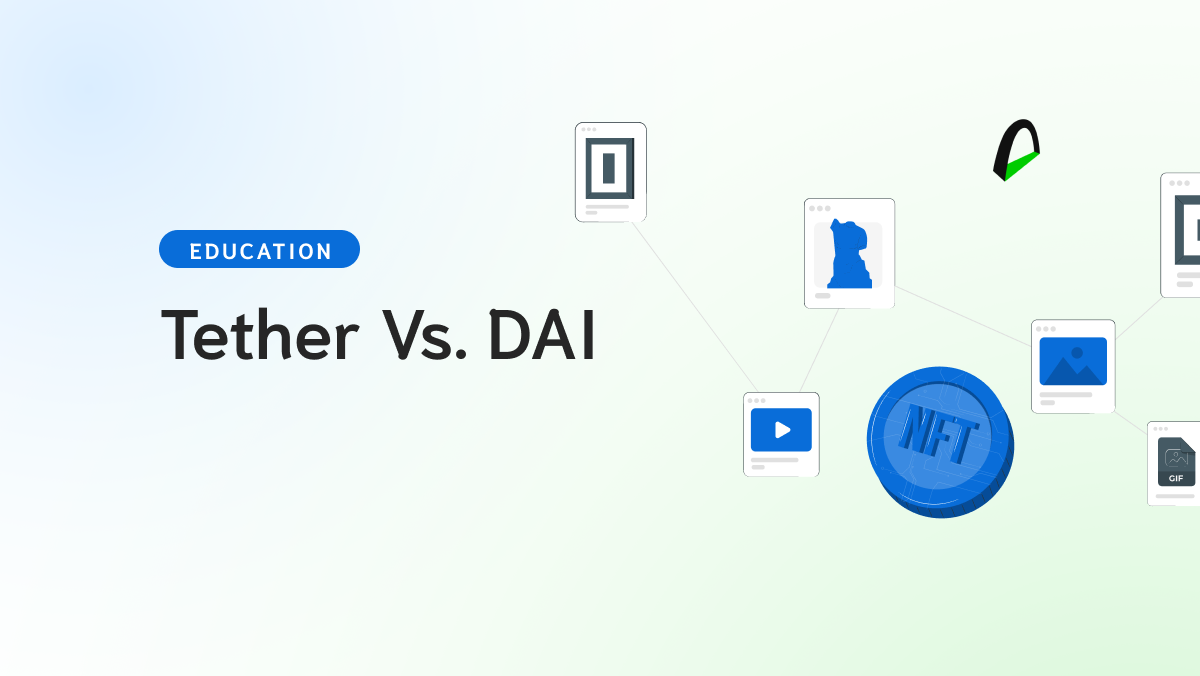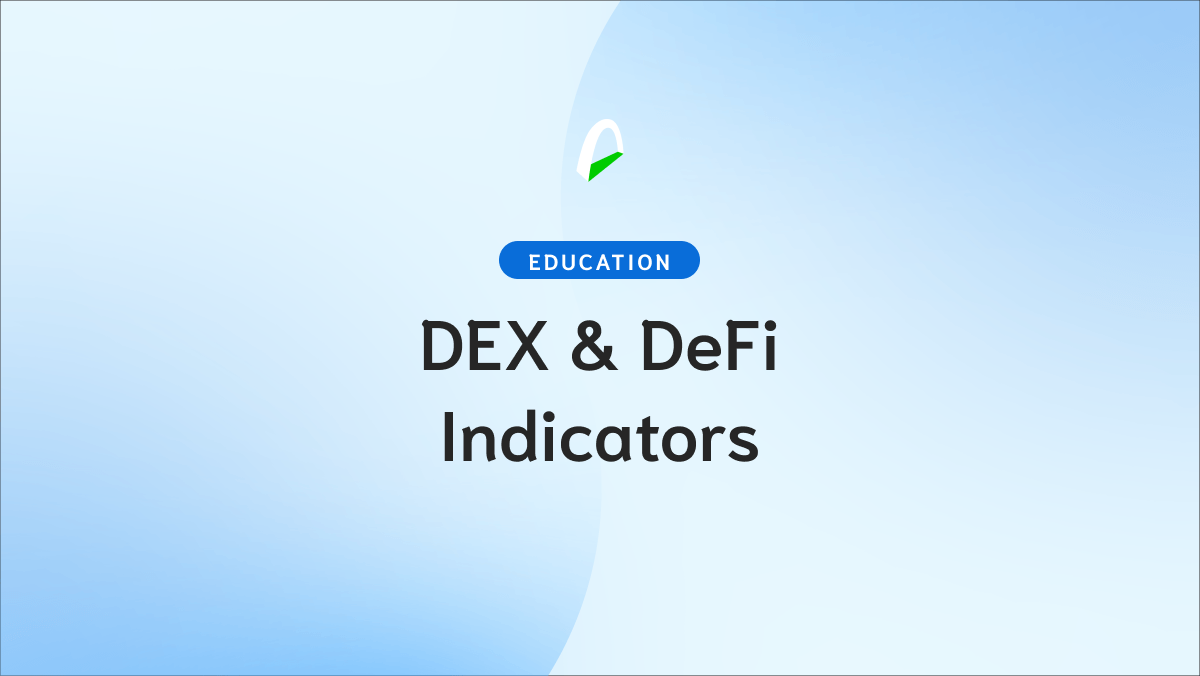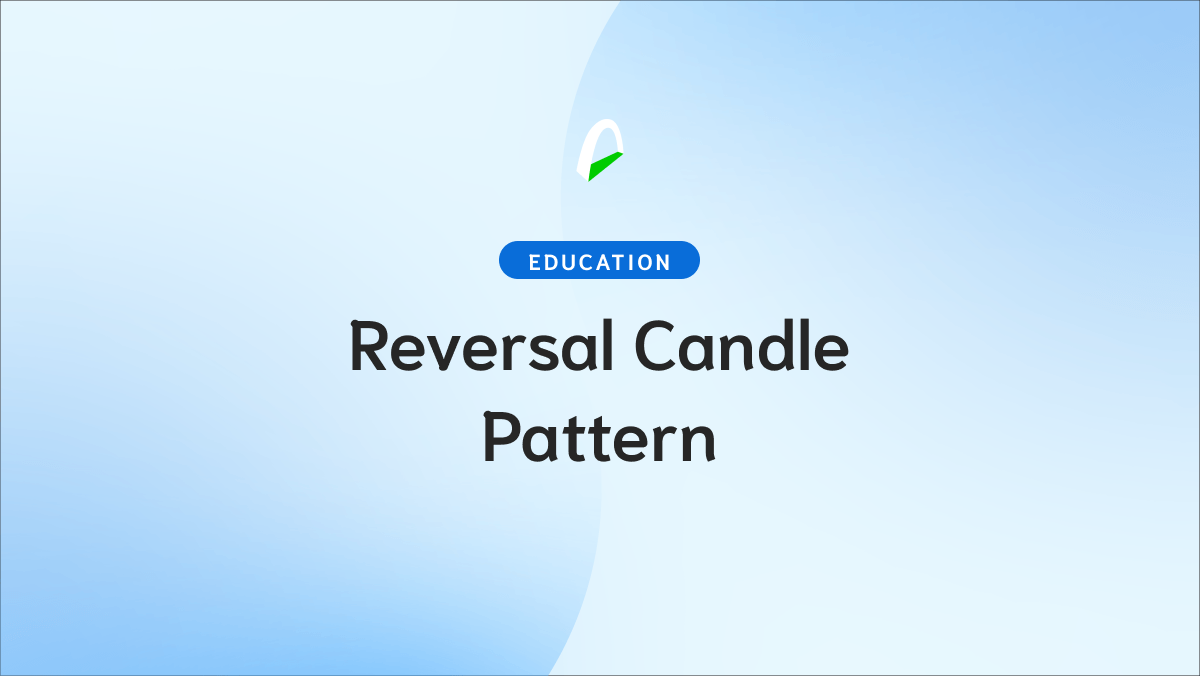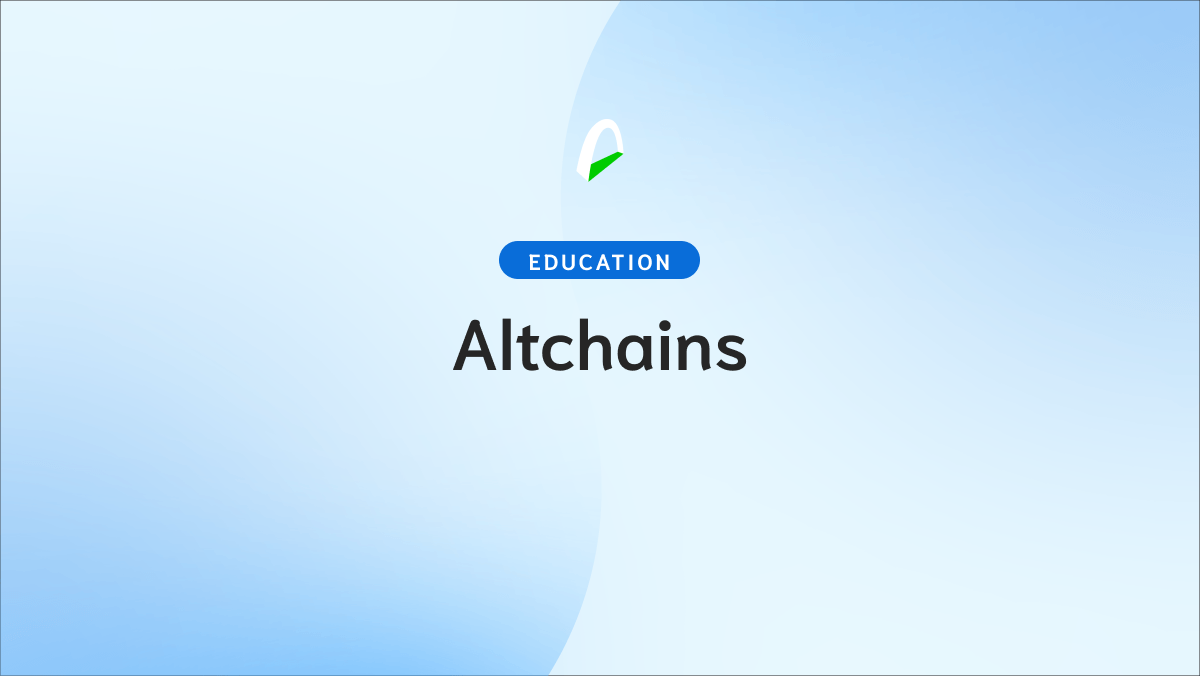Zero-Knowledge Proofs (ZKPs) continue revolutionizing the blockchain ecosystem with their powerful capabilities. Boasting improved transparency, immutability, and privacy - ZKPs are setting a new standard for trustless ledger systems by keeping confidential information secure in an unalterable format.
With demand rapidly growing, one can only imagine what further innovative use cases will emerge from this groundbreaking technology.
Over the past ten years, blockchain technology has demonstrated incredible value across various sectors.
Due to its data immutability and decentralization properties, it is clear that this innovative solution can be applied in almost any industry, including healthcare, logistics, and automobile production.
Furthermore, as privacy on the Internet becomes an increasingly pressing concern for all users considering recent scandals associated with Web 2.0 titans - zero-knowledge proofs present a fantastic opportunity for safeguarding our personal information from unauthorized access or modifications by third parties. This article will further explore these decisive security measures and their potential implications on global digital platforms in the future.
Deep diving into zero-knowledge proof
Zero-knowledge proofs (ZKPs) are increasingly becoming the preferred method of maintaining data privacy on the blockchain. These cryptographic primitives allow users to prove Knowledge without revealing any information - famously exemplified by Alice and Bob's relationship in cryptography discourse.
Despite their popularity, ZKPs compete with two other input types: secure multi-party computations (sMPC) and trusted execution environments (TEE). One should consider each type's use cases, limitations, and technical specifications depending on their requirements for ensuring data security on a particular platform or protocol.
Drawing on decades of research, the sophisticated concept of ZKPs was first introduced in 1985 by a trio of researchers, Shafi Goldwasser, Silvio Micali, and Charles Rackoff.
These pioneers developed an innovative solution that allowed two parties to exchange knowledge without sharing potentially sensitive information that they wanted to remain secret - something still relevant today.
To meet this goal, three criteria must be achieved; thus setting up both privacy-preserving protocols while also allowing us all an opportunity to go down memory lane when we look back at blockchain's predecessor: Zero Knowledge Proofs (ZKP).
- Completeness: By adhering to the prescribed protocol, a reliable verifier can trust that accurate information is conveyed by an honest provider.
- Soundness: With only a slim likelihood, there is little chance for dishonesty to be rewarded when an honest verifier participates in the process.
- Zero Knowledge: One great virtue of a true statement is its ability to confirm truth without needing corroboration. The declaration is the ultimate proof and assurance that what it proclaims is accurate.
Types of ZKPs
Zero Knowledge Proofs (ZKPs) provide an exceptional level of privacy and security, making them popular among the blockchain community.
With ZKP, both parties can be assured of a piece of information's truthfulness without either party needing to learn anything about its contents; Alice may prove her Knowledge to Bob without ever revealing what X is.
This makes ZKPs ideal for many real-world applications where content must remain undisclosed.
Over the years, researchers have built upon Shafi Goldwasser, Silvio Micali, and Charles Rackoff's early theory of Zero-Knowledge Proofs (ZKPs), leading to a diverse range of security solutions.
This technology can be broken down into two main types: interactive proofs involving multiple exchanges between prover and verifier until confidence is achieved or noninteractive protocols requiring only one exchange for authenticity verification.
zk-SNARKS, zk-STARKS, and beyond
Navigation through the blockchain space is often laden with an array of unique and unfamiliar terms.
Two such methods, zk-SNARKS, and zk-STARKs have become increasingly popular for their capacity to ensure data privacy without sacrificing security.
While formally not classified as ZKPs due to some slightly weakened assurances, these techniques continue to be implemented in many real-world applications that require a high degree of confidence assurance — making them invaluable tools within the industry.
zk-SNARKs and zk-STARKs represent a unique subclass of Noninteractive Zero Knowledge Proof (ZKP) systems. Both are increasingly popular tools for practical applications because they deliver on the promise of providing efficient solutions to complex security challenges.
Among these, zk-SNARKS and zk-STARKS stand out as widely recognized protocols; yet there is an array of others, such as Sonic, PlonK, and Marlin, that must be considered when considering their merits in this field.
Blockchain technology is transforming the way data is stored and exchanged. To ensure secure transactions, various privacy-enhancing methods exist that play essential roles in various blockchain projects. Let's take a closer look at these options to understand how they differ.
ZK-SNARK
zk-SNARK, an acronym for a zero-knowledge succinct noninteractive argument of Knowledge, is one of the oldest and most secure constructions to guarantee private transactions. Developed in 2012 at UC Berkeley by Alessandro Chiesa, this type of cryptography uses a mathematical concept known as bilinear pairing over elliptic curves for its security measures.
Although zk– SNARKS are exceptionally safe systems requiring a trusted setup process that generates cryptographic keys essential for verification proofing on public networks, it provides reliable assurance against hackers seeking access into restricted data sets or financial accounts without authorization from account holders.
The integration of a hidden parameter to link the verification and transaction-conducting keys during creation poses an alarming security risk should this secret remain undestroyed.
A malicious actor could exploit this vulnerability to falsify verifications without detection, resulting in untraceable fraudulent transactions. Although a trusted setup is employed only once throughout the process, users still have cause for concern due to its susceptibility towards quantum computing technologies; upon the availability of such powerful machines, traditional zk-SNARKS will no longer ensure secure protocol functions as intended.
zk-STARK
Zk-STARK, a revolutionary invention in the field of zero-knowledge proofs (ZKP) recently discovered by Eli Ben-Sasson and colleagues, has opened new possibilities for secure transactions.
Founded on the principles of hash functions, this highly scalable 'argument of knowledge' is set to revolutionize digital security as we know it. zk-STARKS offer an unparalleled level of security to users, as it is the only cryptographic-proof system that guarantees protection against quantum computing. However, this increased safety comes at a cost - larger poof sizes and additional resource requirements.
Sonic/Marlin
Sonic and Marlin come together to provide a workable solution for scalability issues. Creatively using smaller global parameters, Sonic streamlines the process of storing, updating, and verifying data without the need for expensive hardware - even an ordinary laptop is enough!
PlonK
PlonK is a unique variation of the Universal Zero-Knowledge proof algorithm, providing an elegant solution to establishing trust. The acronym, Permutations over Lagrange-bases for Oecumenical Noninteractive arguments of Knowledge, alludes to its powerful capabilities: it only requires one trusted setup. It can be used across multiple networks with minimal effort!
And why do we need zero-knowledge proof?
We are forced to hand over private data in exchange for essential services, stripped of our autonomy, and unable to debate what happens with it.
This forcing constitutes a gross violation of privacy rights as tech giants use this information for their benefit - aptly summed up by the saying, "if something is free, you're the product."
Every day we must grapple with surrendering personal details that can be transmuted into financial gain beyond any control or oversight from us.
In the last few years, questions have arisen on how to protect privacy during data exchanges. Zero-Knowledge Proof (ZKP) may allow individuals and organizations to reclaim autonomy by limiting required disclosures of personal information, allowing us to choose our partners more carefully.






